

Taking place on Wednesday 21 November 2018 at 6pm in London.
Hear and debate three perspectives on physical activity at the Annual ARMA Lecture, this year in partnership with Versus Arthritis. Three outstanding speakers, Nick Pearson, CEO parkrun, Michael Brennan, Physical Activity Programme Manager, Public Health England and Claire Harris, Physiotherapist speak to the theme: More people, more active, more often: three perspectives on physical activity and musculoskeletal health
Physical activity is good for promoting musculoskeletal health and helps alleviate the symptoms of musculoskeletal conditions.…
Read more of this article

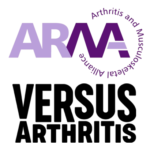
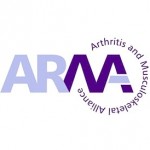

 Help us guide future research about problematic knee replacements
Help us guide future research about problematic knee replacements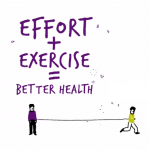
 ‘Love Activity, Hate Exercise?’ addresses the emotional as well as physical barriers millions of people with long-term conditions face in being more physically active.
‘Love Activity, Hate Exercise?’ addresses the emotional as well as physical barriers millions of people with long-term conditions face in being more physically active.

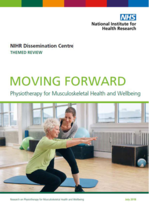


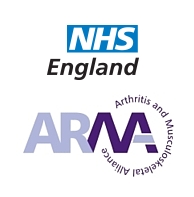


 The London Choosing Wisely programme is a clinically-led review of evidence for a set of surgical procedures. It looks to ensure they are used consistently across London and their use follows a criteria that ultimately improves the health of patients.
The London Choosing Wisely programme is a clinically-led review of evidence for a set of surgical procedures. It looks to ensure they are used consistently across London and their use follows a criteria that ultimately improves the health of patients.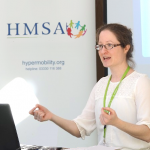
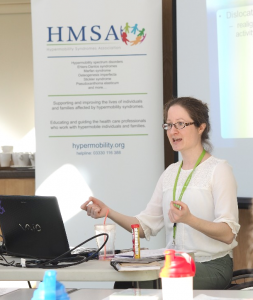

 The Faculty of Sport and Exercise Medicine UK has responded to this Public Health England consultation with a focus on MSK services in the NHS.
The Faculty of Sport and Exercise Medicine UK has responded to this Public Health England consultation with a focus on MSK services in the NHS.
